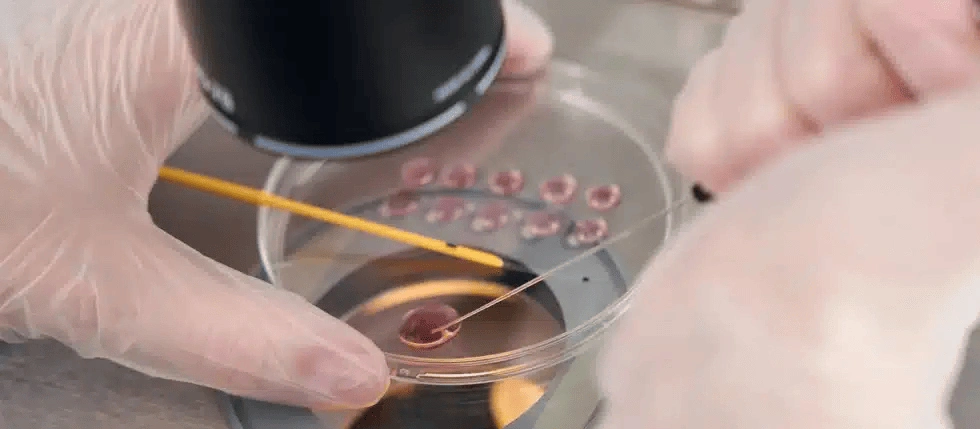The Egg Freezing “Boom”: Taking Control of Your Fertility Timeline
by HavenCryo | August 15, 2023
Fertility preservation is becoming an increasingly popular option for those who are not yet ready to start a family but still wish to have children in the future. The procedure allows individuals to preserve their eggs, sperm, or embryos for future use, and in recent years, egg freezing, in particular, has seen a significant rise in popularity. This development has been dubbed the “egg freezing boom” and is reshaping how we think about family planning and fertility.
Understanding Egg Freezing
Egg freezing, also known as oocyte cryopreservation, involves extracting, freezing, and storing a woman’s eggs so they can be used at a later time to achieve pregnancy. Women typically opt for egg freezing during their peak fertility years to preserve high-quality eggs, which naturally decrease in both quality and quantity with age.
This process allows women to essentially “pause” their biological clock, giving them the freedom to pursue other goals such as education, travel, career advancement, or finding the right partner without sacrificing their dream of having a child
The Efficiency of Egg Freezing
According to a report published by NYU Grossman School of Medicine and NYU Langone Fertility Center, 70 percent of women who froze their eggs when they were younger than 38 and later thawed at least 20 eggs had a successful live birth. This highlights egg freezing and thawing as a more efficient option than in vitro fertilization (IVF) for women who are planning to start families later in life.
The study also found that a significant number of women had more than one child through egg preservation, demonstrating the potential for multiple successful pregnancies from a single egg freezing process. These findings have significant implications for women who are looking to delay childbearing without compromising their chances of having a child in the future.
The Process of Egg Freezing and Storage with HavenCryo
Egg freezing, or oocyte cryopreservation, typically begins like a traditional IVF process. Medications are taken to stimulate the ovaries to simultaneously mature multiple eggs. These mature eggs are then retrieved and transferred to a fertility clinic laboratory for the cryopreservation process.
At the fertility clinic, advanced techniques are employed to freeze eggs quickly, preventing the formation of harmful ice crystals. This step ensures the integrity and viability of the eggs during the freezing process and prepares them for long-term storage.
Following the initial freezing, the cryopreserved eggs are transferred to HavenCryo for long-term storage. At HavenCryo, these eggs are securely stored indefinitely, ready for use when the woman decides she’s ready to start a family.
When that time comes, the eggs are carefully transported back to the fertility clinic. They are then thawed using techniques designed to minimize any damage, fertilized with sperm in the lab, and the resulting embryos are transferred to the woman’s uterus with the aim of achieving a successful pregnancy.
This process ensures the woman has control over her reproductive timeline, providing the flexibility to pursue personal or career goals without sacrificing her dreams of motherhood. HavenCryo is proud to support this empowering process by offering reliable, secure long-term storage solutions.
Conclusion
Egg freezing presents a way for individuals and couples to make proactive decisions about their future family-building plans. Whether one is focused on personal pursuits, dealing with a medical condition that might impact fertility, or simply isn’t ready for parenthood yet, fertility preservation techniques like egg freezing provide a viable way to secure one’s reproductive future. The rise in egg freezing signifies a societal shift towards more individualized and flexible family planning, empowering people to have children on their own terms and timeline.
So, as we move forward in this era of the “egg freezing boom,” it’s clear that the options for family planning are expanding and becoming increasingly personalized, offering greater freedom and control over fertility than ever before.
